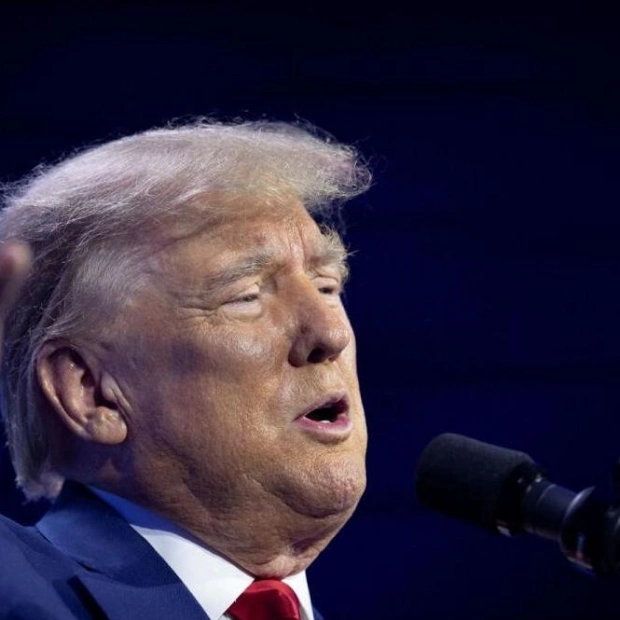Image for illustrative purposes only. — File photo
Question: My grandson is two years old, and I am concerned about the rising cost of foreign education. What is the best way to ensure sufficient funds are available by the time he is 21 and ready for higher education?
ANSWER: Financial experts generally recommend starting to set aside funds from infancy and investing in a Systematic Investment Plan (SIP) of a mutual fund to secure a child’s educational needs. Note that mutual fund education schemes typically have a five-year lock-in period. Many reputable mutual funds offer children’s plans that allow for a gradual increase in annual contributions. These plans also provide flexibility for lump sum investments, which can be made sporadically, such as when liquidity is available from birthday gifts. This flexibility ensures that even sporadic additional investments can boost the financial corpus, addressing both inflation and rising education costs. Thus, a mutual fund scheme with annual contributions and additional investments as funds become available should adequately cover the educational expenses of your children.
Question: Some investors on Indian stock exchanges complain about insufficient information regarding listed companies. Do foreign investors, who invest in Indian stocks, have a valid point?
ANSWER: According to the Securities & Exchange Board of India (SEBI), price-sensitive information must be disclosed in real-time. This includes changes in key managerial personnel. However, there is no need to inform investors when top management terms end or when senior employees reach retirement age, as these events are generally known. It is also necessary to inform investors about the resignation of statutory or secretarial auditors. Companies must disclose fund-raising initiatives and any fraud or defaults by the company, its promoters, directors, key managerial personnel, or senior management, including subsidiaries, regardless of location. SEBI is also proposing to include disclosure of restructuring and resolution plans, and one-time settlements with banks or financial institutions. Disclosure is required only when a winding-up petition is admitted by the National Company Law Tribunal, not upon application. SEBI has established numerous safeguards to protect the interests of shareholders and stakeholders of publicly listed companies.
H. P. Ranina is a practising lawyer specializing in corporate and tax laws of India.
Question: India’s trade deficit with China is increasing as imports of Chinese goods rise. Will this not harm Indian entrepreneurs who are encouraged to manufacture goods in India?
ANSWER: It is true that imports from China have increased by 11% from $42 billion to $46.6 billion during the April-August period, driven by computers, telecom equipment, and components. Electronics, machinery, and organic chemicals account for two-thirds of India’s imports from China. Consequently, the trade deficit with China has widened to $40.8 billion as of August 31, 2024. However, the Finance Minister has stated that certain industries need support, and critical imports for them cannot be restricted. A balance must be maintained between essential imports for industry growth and protecting domestic entrepreneurs. For instance, the basic customs duty on mobile phones, chargers, and printed circuit board assemblies was reduced from 20% to 15% in the 2024-25 budget, leading to a threefold increase in domestic manufacturing and a significant jump in mobile phone exports. This reduction has matured the Indian mobile phone industry and benefited Indian manufacturers. Both the World Bank and IMF advise that reducing tariffs can promote economic growth and industrial development.
H. P. Ranina is a practising lawyer specializing in corporate and tax laws of India.
Source link: https://www.khaleejtimes.com






